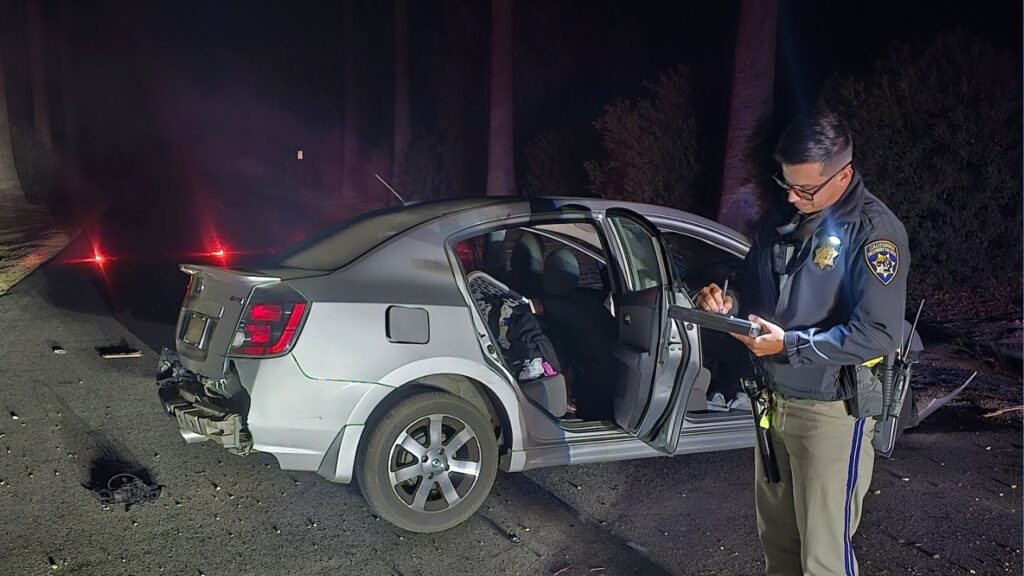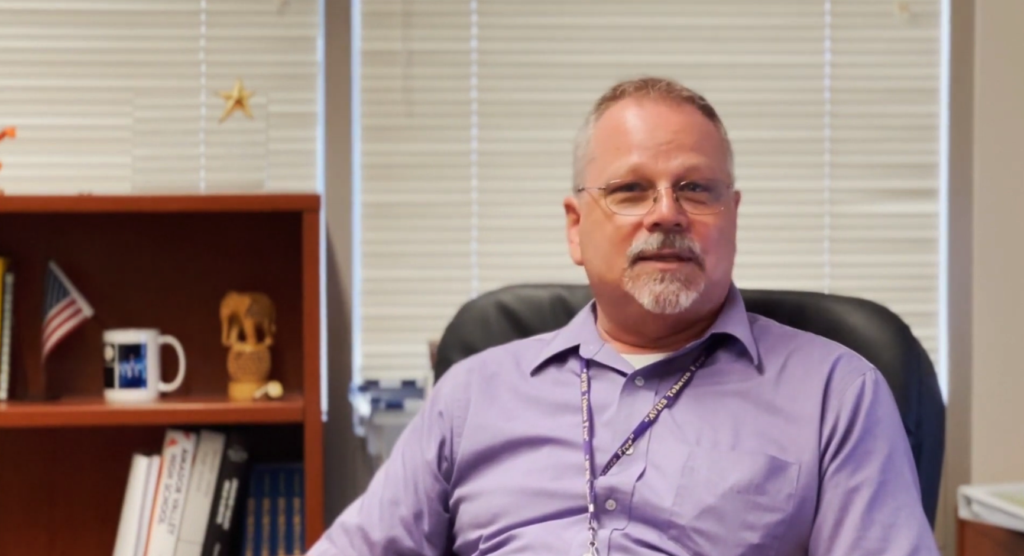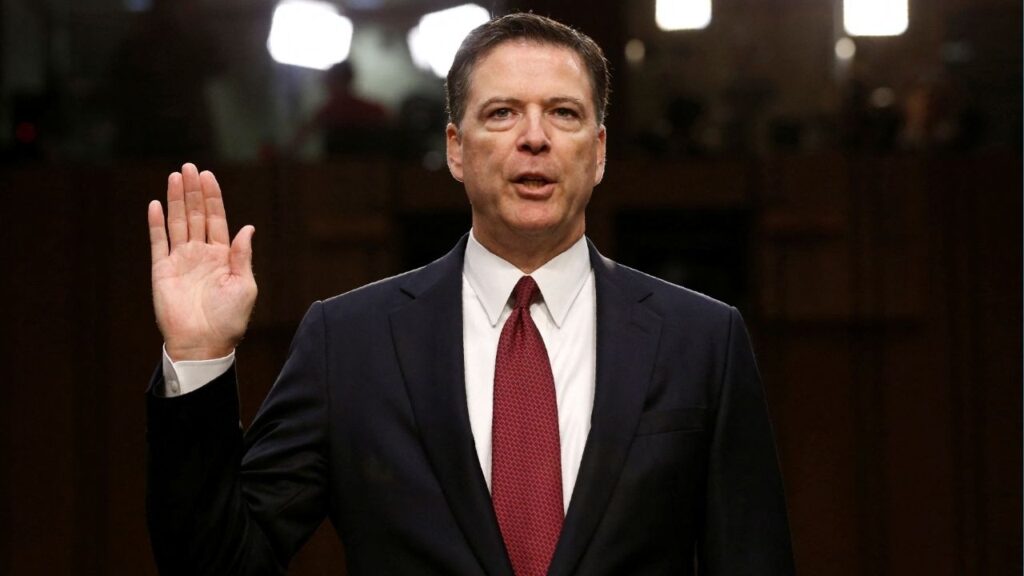An undated image by Donna Rhorer of Anthony Thomas Hoover II, an overdose victim in 2021 who began to awaken as he was about to be removed from life support so that his organs could be donated. A federal investigation found a Kentucky nonprofit pushed hospital workers toward surgery to harvest organs for donation despite signs of revival in patients. (Donna Rhorer via The New York Times)

- Federal investigation reveals Kentucky nonprofit ignored consciousness signs in 73 organ donors.
- Patients showed distress during preparation, with some recovering enough to leave hospital.
- Investigation examined 350 canceled organ donation cases over four-year period in Kentucky.
Share
Four years ago, an unconscious Kentucky man began to awaken as he was about to be removed from life support so his organs could be donated. Even though the man cried, pulled his legs to his chest and shook his head, officials still tried to move forward.
Now, a federal investigation has found that officials at the nonprofit in charge of coordinating organ donations in Kentucky ignored signs of growing alertness not only in that patient but also in dozens of other potential donors.
The investigation examined about 350 cases in Kentucky over the past four years in which plans to remove organs were ultimately canceled. It found that in 73 instances, officials should have considered stopping sooner because the patients had high or improving levels of consciousness.
Signs of Distress During Preparation
Although the surgeries didn’t happen, the investigation said multiple patients showed signs of pain or distress while being readied for the procedure.
Most of the patients eventually died, hours or days later. But some recovered enough to leave the hospital, according to an investigation by the federal Health Resources and Services Administration, whose findings were shared with The New York Times.
Understanding Donation After Circulatory Death
The investigation centered on an increasingly common practice called “donation after circulatory death.” Unlike most organ donors, who are brain-dead, patients in these cases have some brain function but are on life support and not expected to recover.
If family members agree to donation, employees of a nonprofit called an organ procurement organization begin testing the patient’s organs and lining up transplant surgeons and recipients. Every state has at least one procurement organization, and they often station staff in hospitals to help manage donations.
Typically, the patient is taken to an operating room where hospital workers withdraw life support and wait. The organs are considered viable for donation only if the patient dies within an hour or two. If that happens, the procurement organization’s team waits five more minutes and then begins removing organs. Strict rules are supposed to ensure that no retrieval begins before death or causes it.
The investigation criticized Kentucky Organ Donor Affiliates, which was coordinating donations in the state. Now called Network for Hope after a merger, it has said it always follows the rules and never removes organs until a hospital has declared a patient dead.
—
This article originally appeared in The New York Times.
By Brian M. Rosenthal/Donna Rhorer
c. 2025 The New York Times Company




















